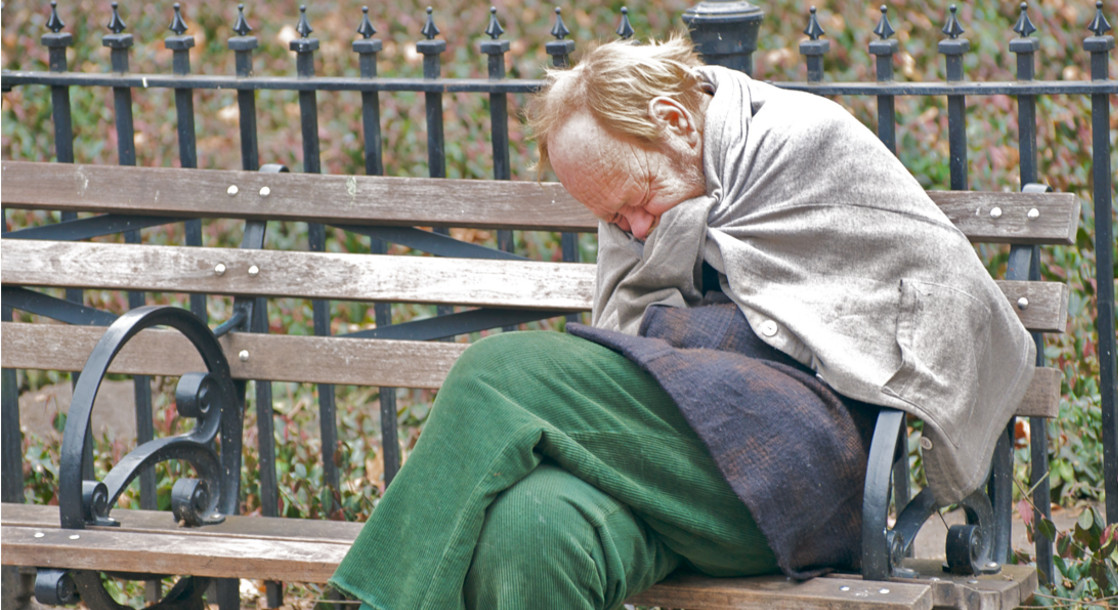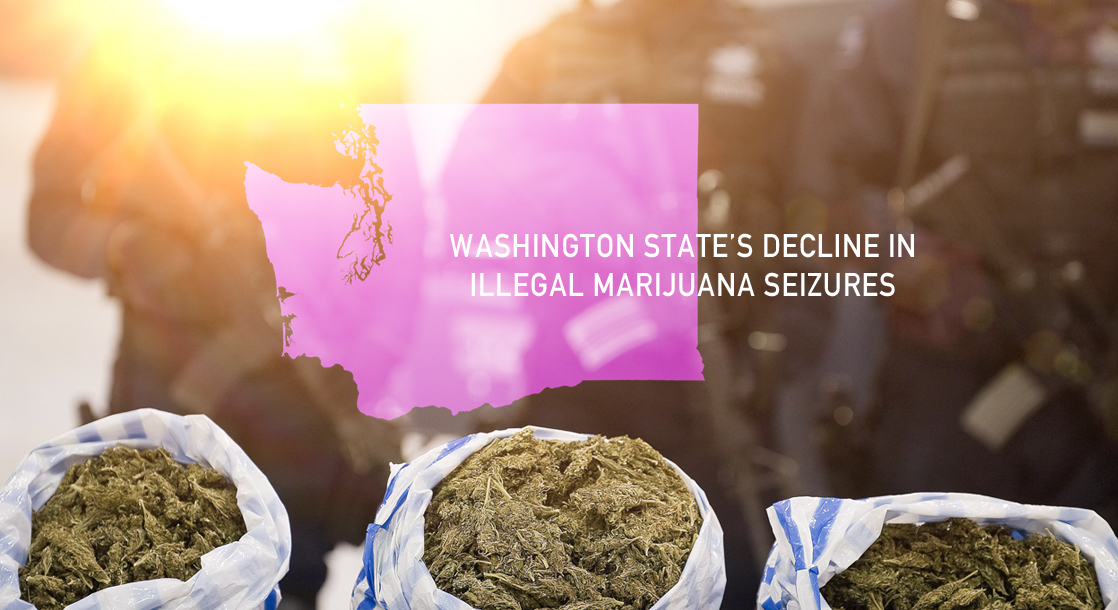Despite some anecdotal reports that Colorado’s legal marijuana market has contributed to an uprising of homelessness, experts on the subject say they have found no correlation between the two. In fact, these experts say the only situation that appears to be rendering people destitute and without a permanent place to sleep at night are hard times.
Donald Burnes, founder of the Burnes Center on Poverty and Homelessness at the University of Denver, recently told a group of students at Colorado University that the legalization of marijuana has not caused an increase in homelessness throughout the state.
“The best data we have about the issue of whether cannabis has attracted lots of people from out of state is a question from the Point-In Time survey (from the Metro Denver Homeless Initiative),” Burnes said, according to a report from the Pueblo Chieftain. "And that question asks, 'What is your last permanent place of residence?'”
In fact, Burnes, who is considered the leading expert on homelessness in the state, went on to explain that an analysis of the data actually shows “the numbers of (homeless) people from out of state has remained relatively constant…even decreasing in 2016 from 2012.”
In 2014, several months after Colorado launched its recreational marijuana market, the O'Reilly Factor ran a segment entitled “Stoned Homeless in Colorado,” which suggested the homeless rate had increased by 153 percent in Denver since marijuana was made legal.
A couple of months later, CBS News reported that some shelters were seeing a surge in homeless people because of legal weed. However, when some investigative journalists dug a little bit deeper into these claims, they found them to be mostly exaggerated.
“A percentage of homeless individuals have told shelters that they moved to Colorado to use marijuana for medicinal purposes, but they only account for a fraction of out-of-state transplants,” writes Chris Walker of the Denver Westword. “Most of the homeless who moved to Colorado report that they were looking for work.”
Burnes concurs, telling those attending his latest seminar that the only situations creating a homelessness problem is the loss of jobs, high housing costs, and family–related problems.
He said that addiction issues are “relatively low” on the list of reasons of why people become homeless. But if there was a legal or illegal substance out there contributing to the problem, it wouldn’t be marijuana.
"One of the things we know is that recreational cannabis is pretty expensive. It's much cheaper to get prescription drugs or illegal drugs than it is to get cannabis,” he said. "So substance abuse includes alcohol and drugs, but cannabis is a relatively small portion of this, with opioids playing a much more prominent, and growing, role."
A report from the Washington Post shows that Colorado’s cannabis industry has created tens of thousands of new jobs all over the state. Burnes says the majority of the 10,000 new residents that swoop into the state every month are likely more interested in bettering their situation than simply living homeless in an area where there is legal marijuana.











